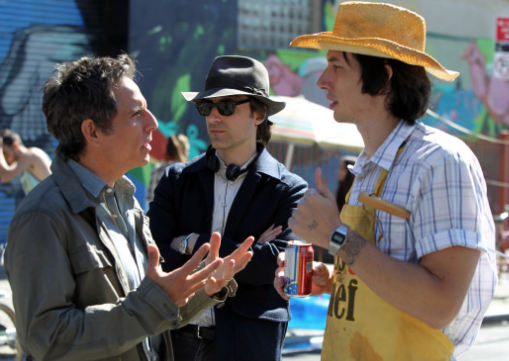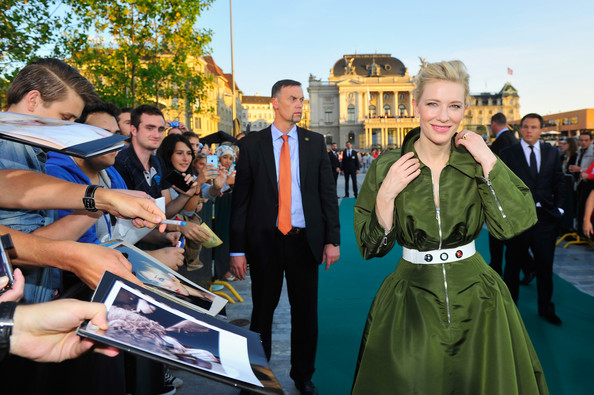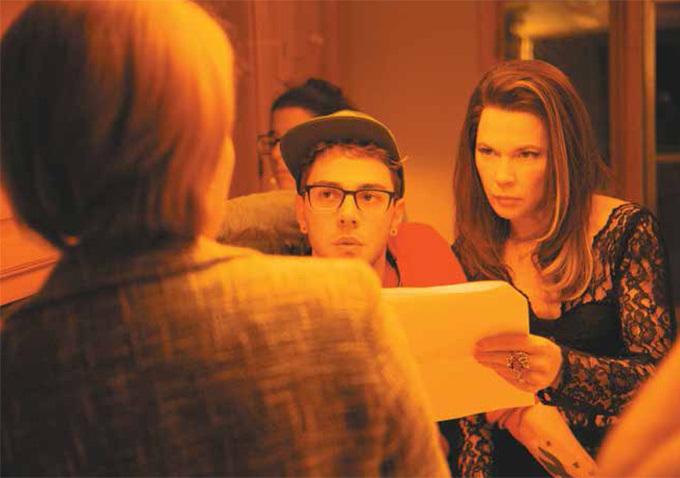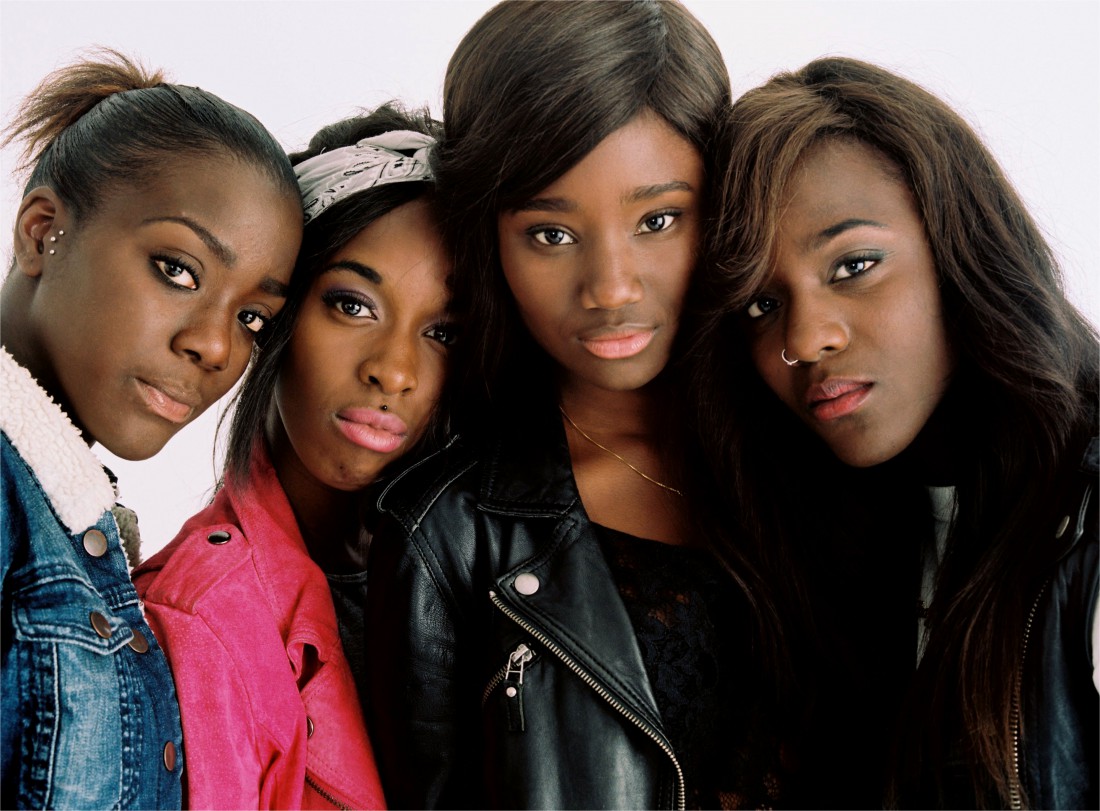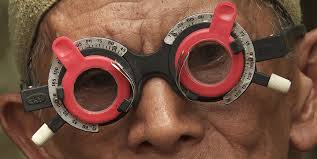The New York Film Festival has started, and here is Glenn on a pair of films from Argentina and Italy, 'Two Shots Fired' and 'La Sapienza'.
As film lovers, and especially as film critics, we like to think we view films from a purely neutral place without bias or prejudice. That feeling of going into any film with a blank slate of emotions, taking films on a case by case basis where there’s the possibility of liking literally anything that gets thrown our way. It’s a nice sentiment, but it’s as far from the truth as you could get. Whether it’s an actor or a director, a genre or even a region, sometimes there are things we just do not like or respond to as viewers. I freely admit to there being many personalities whose presence in front or behind a camera I find a struggle and while the the quality of the material they have to work with can fluctuate, sometimes you just have to admit that somebody or something is not for you.
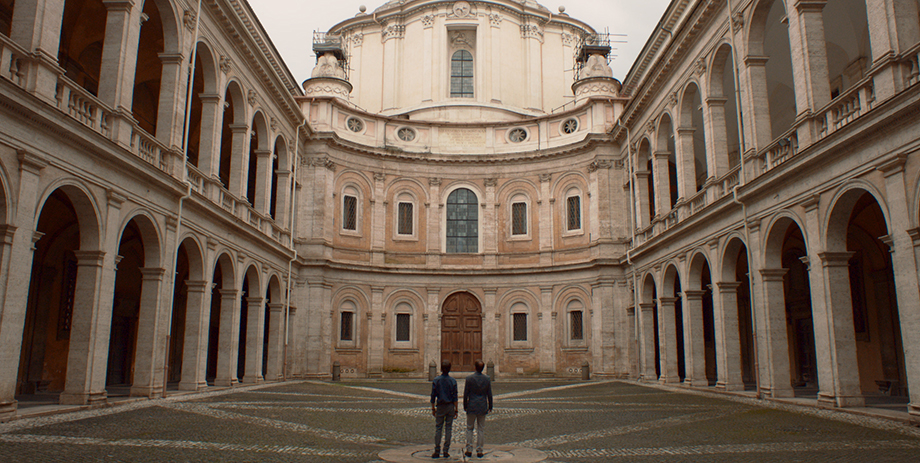
Such was the case after seeing Two Shots Fired and La Sapienza, two films with seemingly little in common. The Argentinian and Italians films do share, however, a style. This certain storytelling aesthetic that aims for faintly quirky, film’s that trade in an excessively dry, often tangential, random humor that is delivered in monotone voices by a cast that sound more like they’re doing a table-read for a badly scripted soap opera. The actors’ robotic body movements suggest a disconnect between character and emotion, but which ultimately does more to distance the viewer from the film than anything else. When a character gets to express actual emotions in the same way a real human would it’s positively elating.
In Martín Rejtman’s Two Shots Fired, I liked a late-in-the-runtime turn of events that sees the return of a character who disappeared after the opening sequence. Sadly it goes nowhere as characters shrug it off and carry on with their lives as if the entire enterprise was for nothing. Eugéne Green’s La Sapienza has more virtues, which make its weaknesses even more disappointing. Its photography is suitably lush and the many, many shots of beautiful Italian architecture are gorgeous to behold, but the story that runs around them is like slowly watching life be drained out of a painting. Such rich possibilities are never taken advantage of.
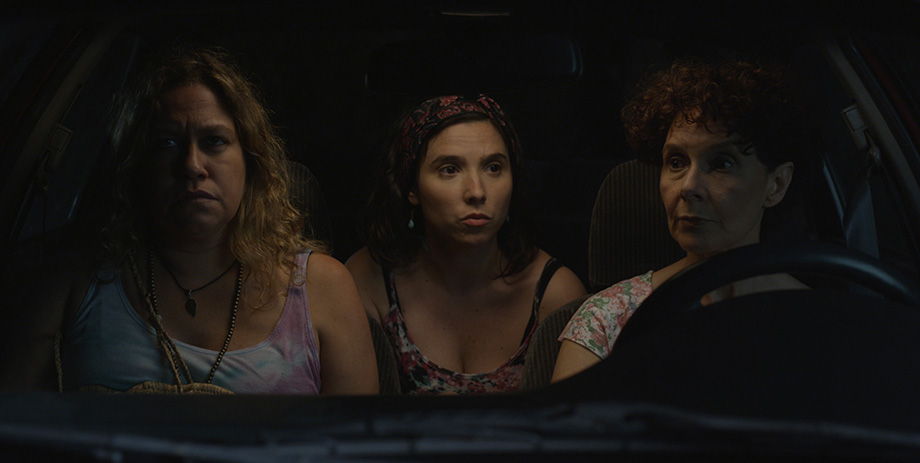
Both films’ arch sensibilities kept me at arm’s length from engaging with them in any way. They sit in between stylistic minimalism or flamboyant visual expressiveness, utilizing none of the virtues of either. I had similar issues with Greek “weird wave” titles like Dogtooth and Attenberg, but found much more of interest in their stories and visual storytelling to still be more or less on side despite other quibbles. I found the Argentinian and Italian films incredibly hard to latch on to; this emotional coolness (or detachment, whatever you like to consider it) leaving no hook for me to hang on to. Given how few notes are in their registers, if you don’t ‘get’ them from the start you’ll be at a loss for the duration.
Two Shots Fired screens on Monday Sep 29 (8.45pm) and Tuesday Sep 30 (3pm).
La Sapienza screens on Saturday Sep 27 (3pm) and Sunday Sep 28 (12.15pm).
 Monday, September 29, 2014 at 1:10PM
Monday, September 29, 2014 at 1:10PM 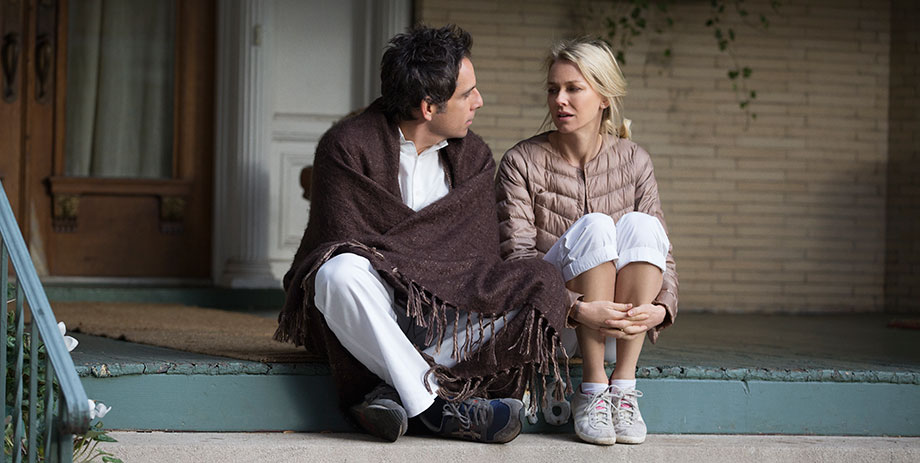 Ben Stiller & Naomi Watts star in "While We're Young"
Ben Stiller & Naomi Watts star in "While We're Young"